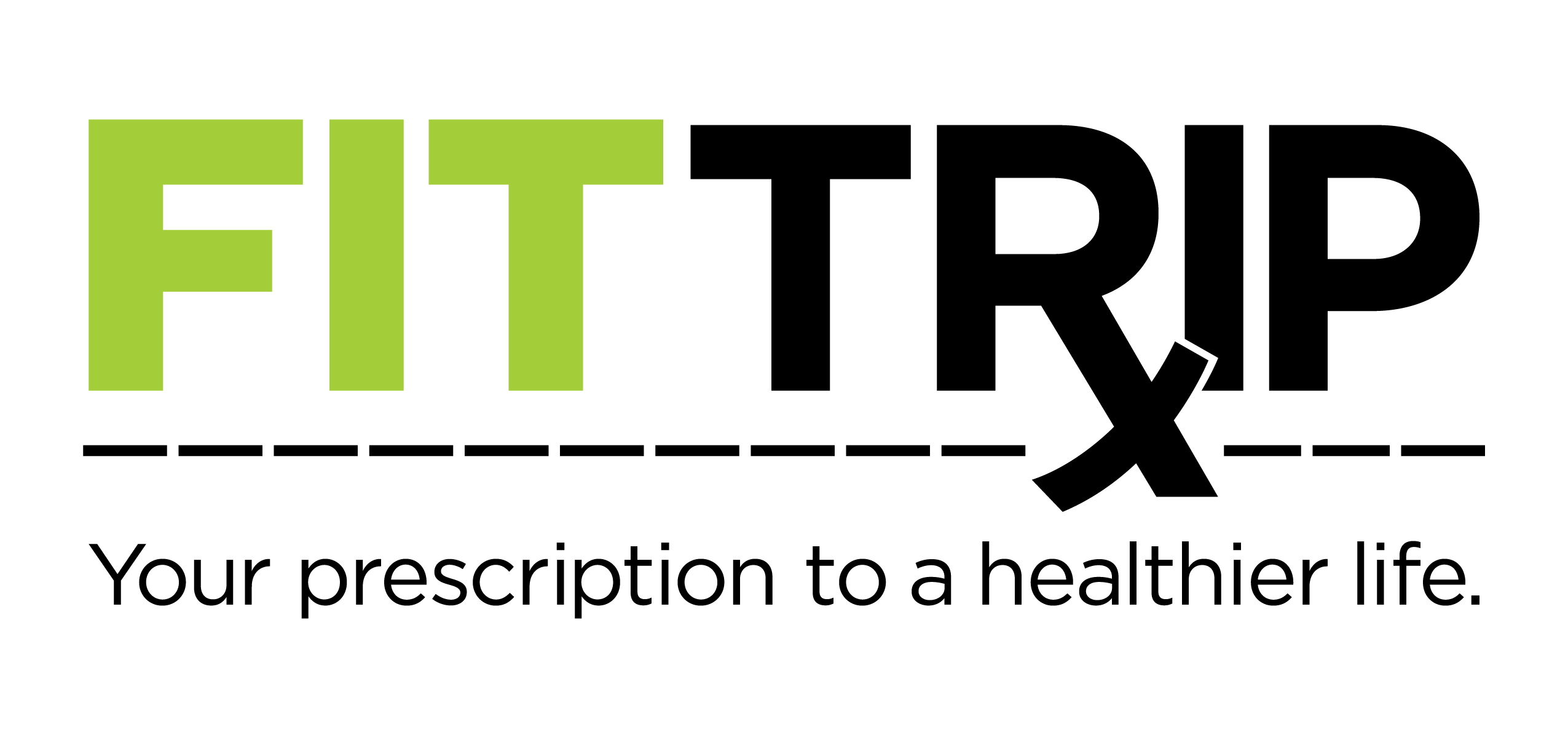Is Sea Salt healthier than Iodized Salt?
Today’s contribution is from Good Measure Meals’ Sarah Shanahan MS, RDN, LD

Let’s face it, salt makes food taste good – and we consume a lot of it. Most of the sodium we consume doesn’t even come from a salt shaker, but from packaged foods and eating out. We know that consuming too much leads to high blood pressure. And recently, I’ve heard word on the street that sea salt, kosher salt, pink Himalayan salt, or even volcanic rock salt are nutritionally superior to our basic table salt. But are they?
-
Sea salt is what is left after ocean water or saltwater lakes are evaporated, can have different mineral levels based on the source, and come in varying shapes and sizes.
-
Kosher salt is named because it is used to kosher meat, but it isn’t actually kosher. Like sea salt, it comes in varying shapes and sizes but is always a coarse grain.
-
Himalayan salt, which is pink, has its own website that proclaims it to be the most nutritionally superior. To date, there is no peer-reviewed research to back up these claims.
-
Table salt usually originates from underground salt deposits, has been processed to eliminate clumping and remove trace minerals, and is often fortified with iodine. This fortification started after an endemic iodine deficiency that made up to 30% of WWI draftees ineligible to serve their country due to goiter. Since the iodization of table salt, the incidence of goiter in the U.S. has greatly decreased.
The take away is that all salts have similar sodium levels based on their weight. Some have greater amounts of trace minerals, but to date there is no research saying that one salt is healthier than others. This means that in excess, all salt puts us at the same risk of increased blood pressure. If you like to use non-iodized salts, make sure that you are getting food sources of iodine (dairy products, seafood, seaweed, meat and eggs) to keep the goiter away. Regardless of what type of salt you choose, you still need to aim to stay under 2300mg of sodium (about 1 teaspoon of salt) per day.
